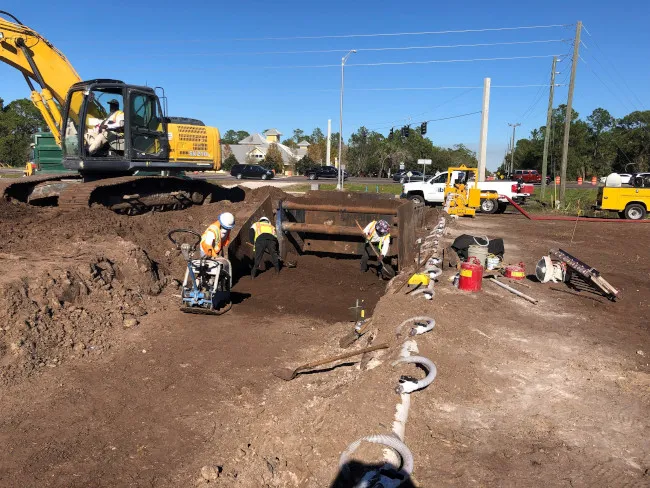Road safety specialist Astucia has been conducting independent research to gain an insight into
the actions and views of motorists when vehicles break down.Key to this research was a survey aiming to find the consensus of opinion on warning triangles. The study identified that 83% of UK motorists do not use warning triangles when their vehicles break down. When quizzed on the emotion they felt when their schedule was disrupted by the inconvenient breakdown, only 4% stated they felt angry potentially me
February 15, 2012
Read time: 2 mins

Road safety specialist 2696 Astucia has been conducting independent research to gain an insight into
the actions and views of motorists when vehicles break down.
Key to this research was a survey aiming to find the consensus of opinion on warning triangles. The study identified that 83% of UK motorists do not use warning triangles when their vehicles break down. When quizzed on the emotion they felt when their schedule was disrupted by the inconvenient breakdown, only 4% stated they felt angry potentially meaning less road rage when they were back behind the wheel. The majority of people (58%) stated annoyance as their main emotion, followed by stress (26%) and vulnerability (15%). Regarding the conventional warning triangle, the survey shows motorists are not satisfied with its performance as 77% prefer greater visibility than the 90m it provides. Astucia’s novel HazLight Micro system does offer a somewhat safer solution and is keen to promote its HazLight Micro product, saying it boosts road safety and reduces the likelihood of successive vehicle collisions. Its HazLight Micro kits include three robust, yet lightweight studs which charge in their case and strobe intensely when removed. The studs can be set up quickly and simply on the road and are visible from up to 1,000m away, regardless of rain, fog and darkness.
the actions and views of motorists when vehicles break down.
Key to this research was a survey aiming to find the consensus of opinion on warning triangles. The study identified that 83% of UK motorists do not use warning triangles when their vehicles break down. When quizzed on the emotion they felt when their schedule was disrupted by the inconvenient breakdown, only 4% stated they felt angry potentially meaning less road rage when they were back behind the wheel. The majority of people (58%) stated annoyance as their main emotion, followed by stress (26%) and vulnerability (15%). Regarding the conventional warning triangle, the survey shows motorists are not satisfied with its performance as 77% prefer greater visibility than the 90m it provides. Astucia’s novel HazLight Micro system does offer a somewhat safer solution and is keen to promote its HazLight Micro product, saying it boosts road safety and reduces the likelihood of successive vehicle collisions. Its HazLight Micro kits include three robust, yet lightweight studs which charge in their case and strobe intensely when removed. The studs can be set up quickly and simply on the road and are visible from up to 1,000m away, regardless of rain, fog and darkness.







